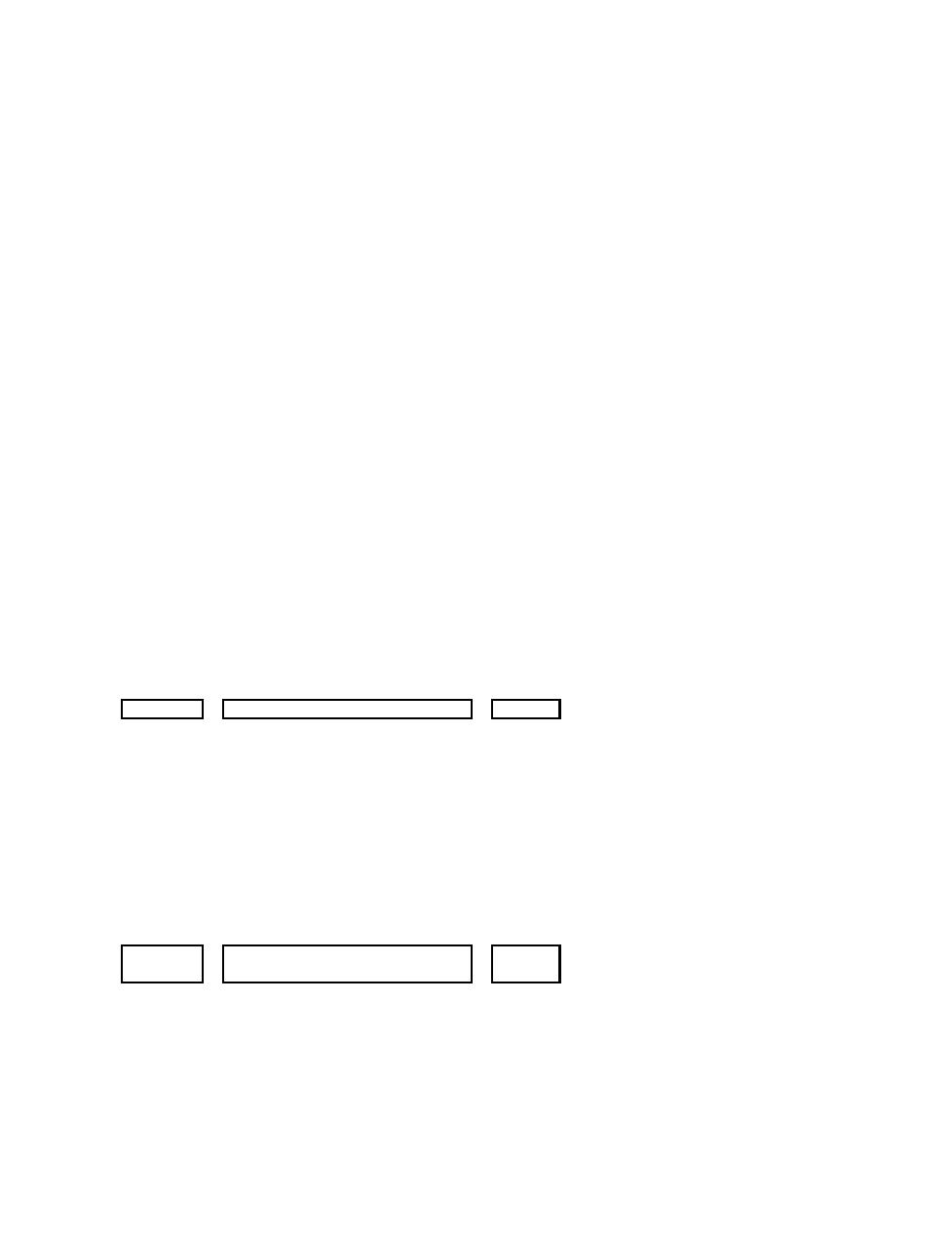
6
THE BOOK OF JOB
Did Moses become acquainted with the book of Job, while in Midian?
When we speak of the inspiration of Scripture, we must be careful not to exclude ordinary sources of
information. The inspiration of the book of Kings for example is not in any sense invalidated by the fact that
whoever compiled that book under the guidance of God, did not hesitate to avail himself of existing records, a
special inspiration is not required if such record as is available should at the same time be true. Consequently we
find reference is made to `the book of the acts of Solomon' (1 Kings 11:41); to a `book of the chronicles of the kings
of Judah' (1 Kings 14:29); and to a `book of the chronicles of the kings of Israel' (1 Kings 14:19). We also learn
from 1 Chronicles 29:29 that Samuel, Nathan and Gad compiled a history (margin) of the `acts of David the king,
first and last'. We discover from Daniel 9:2 that the great prophecy of the `seventy sevens' grew out of reading the
writings of Jeremiah, and Luke, in the New Testament provides us with an instance of one who though claiming to
have had `perfect understanding of all things from the very first' (`from above' anothen) nevertheless used the
testimony of `eye-witnesses' who testified of those things which were most surely believed (Luke 1:1-4).
When we turn to the first of the books of Moses, it becomes evident that the opening chapters dealing with
Creation are a direct revelation, but that the bulk of the book of Genesis is composed of the records that were
compiled since the days of Adam, beginning with `The book of the generations of Adam' in Genesis 5:1. It is
evident, when reading Genesis 23:17-20, that Moses had a document before him, for he records the original place
name Machpelah, but brings it up to date by informing the reader that `The same is Hebron in the land of Canaan'
(see also verse 2). In the book of Genesis therefore we have a history, preceded by a revelation which deals with
Creation and Satanic interference, important elements which apparently were not included in the `Book of the
generations of Adam', yet which are vital to a true understanding of the book as a whole. If Moses had access to the
documents, or `generations' as they are termed, that give an unbroken account of the life of man from Adam to
Noah, from Noah to Abraham, and from Abraham to the twelve sons of Jacob, we can visualize the book of Genesis
somewhat as follows:
Gen. 1:1
Gen. 5:1 to 50:21
Gen.
to 4:26
50:22-26
The eleven Generations
Here we have an introduction, and a conclusion, penned by Moses himself, and the bulk of the book, the records of
human history, taken largely as he found them. Now this opens another enquiry. If the book of the generations of
Adam can be included in inspired and authoritative Scripture, the record must be true, and consequently before the
time came for Moses to compile the first book in the canon, men under Divine influence were preserving records,
that could be incorporated later as part of holy writ. Moses could not possibly have had access to these ancient
records without being most definitely influenced by them; we believe such an ancient record came into his hands at
a most critical period in his life, hence our introduction to the book of Job.
The book of Job falls into the same pattern as that suggested of Genesis:
Job 1:1
Job 3:1 to 42:9
Job
to 2:13
42:10-17
The Three Friends, Elihu, and
The Almighty
It is our belief that Moses penned the prose introduction and the prose conclusion to the ancient book of poetry
which commences with the third chapter. What we `believe' to be the case, and what we can `prove' may not
completely coincide but we hope to give the Berean reader sufficient evidence to show, at least with some
semblance of reality, that Moses edited the book of Job, as he subsequently compiled the book of Genesis, adding
the prose introduction and conclusion as he had been inspired to add the introduction to the first book of the law. No
book in the whole range of the Old Testament would so fully meet the needs of Moses, as he was about to engage in
his great work, as does the book of Job. It vividly sets forth the problem of evil, the problem of the ages, and the